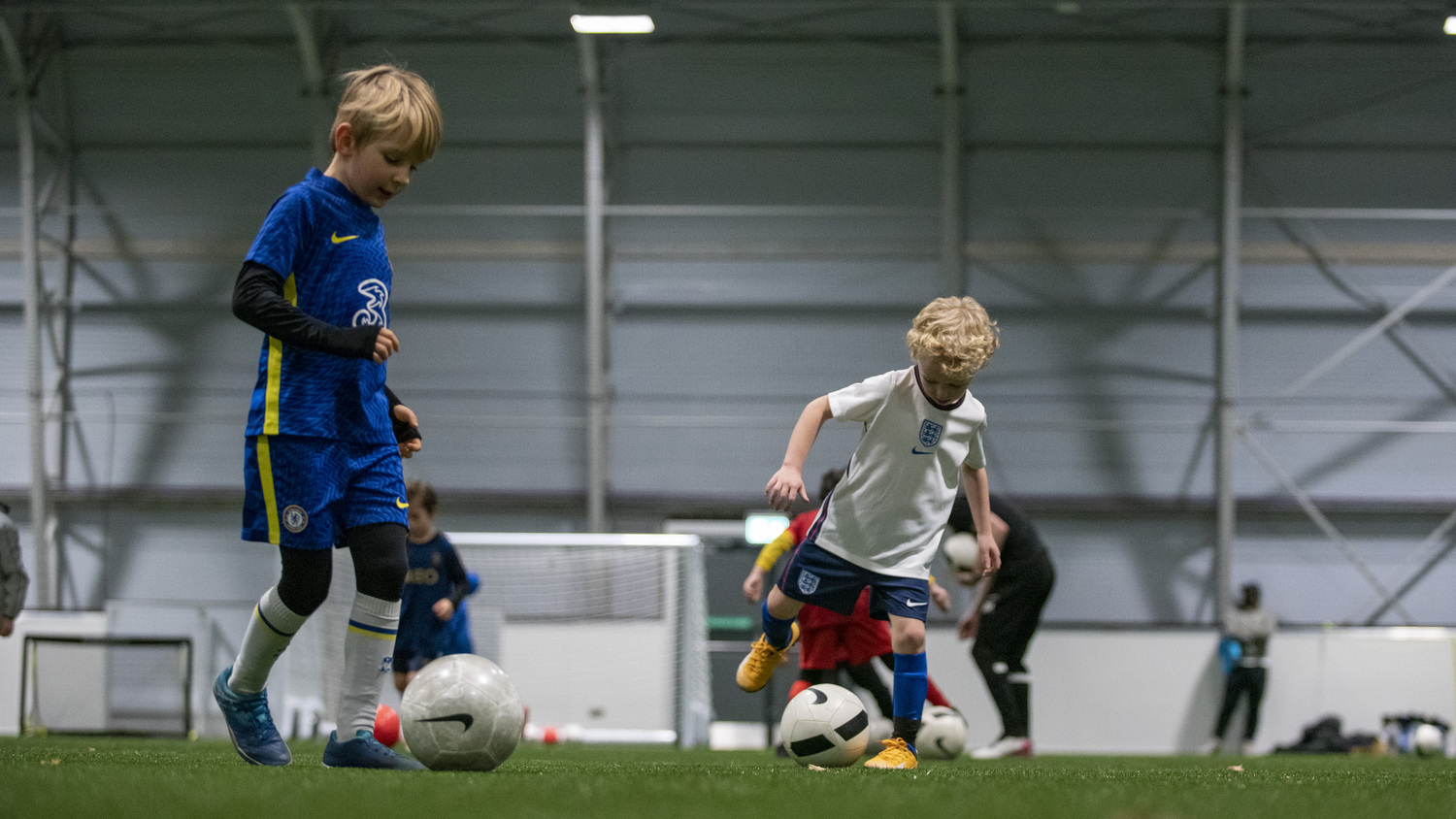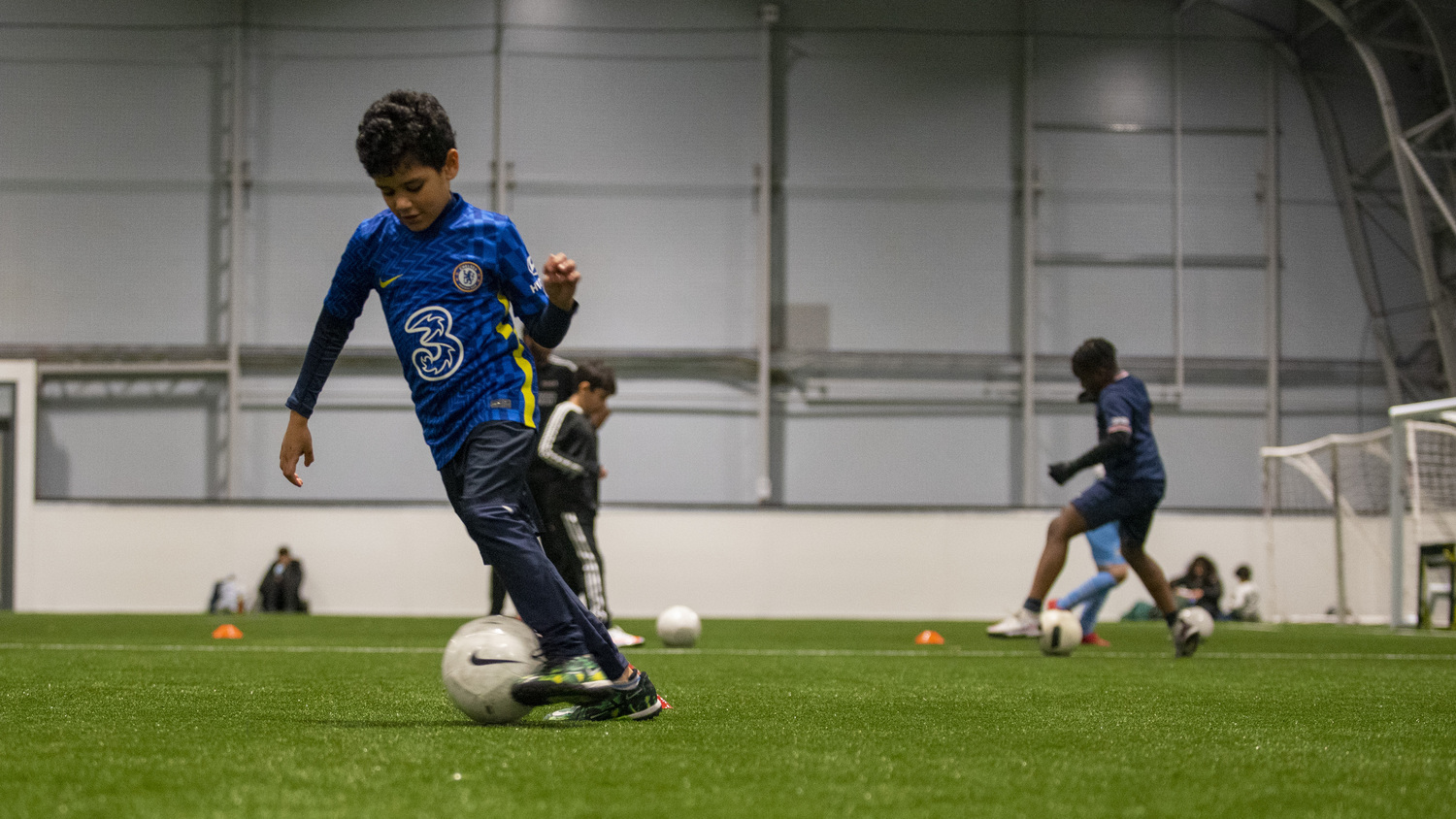

As local development programs across Australia refine their approach for the next season, it's worth highlighting how Australian coaching philosophies combine academic insight with practical success. We Make Footballers follows a similar path, championing an evidence-based model that puts structured progression and real-world problem solving at the heart of youth development. In Australia, national curriculum frameworks, small-sided learning environments, and game-relevant scenarios prepare young players—ages four to twelve—for rapid, adaptable decision-making. It’s like assembling a puzzle where each tactical piece builds a broader awareness of the game. Whether participating in weekly sessions or advanced programmes, the goal remains the same: to help every child read the game, respond intelligently, and thrive under pressure.
Australian coaching frameworks emphasize an ecological dynamics approach—encouraging players to adapt within unpredictable, game-like environments. Rather than repeating fixed drills, children are guided through dynamic activities that reflect the real-time variables of a match. At We Make Footballers, this means modifying tasks by adjusting space, tempo, or team size to provoke specific decision-making responses.
Deliberate practice underpins every session. Rather than mindless repetition, young athletes are exposed to carefully designed constraints that encourage creativity, perception, and timing. These scenarios build deeper tactical understanding while developing essential motor skills. Children don’t just learn how to dribble or pass—they learn when, why, and under what conditions to make the right decision.
Australia’s national soccer curriculum provides a clear developmental framework: small-sided formats, cognitive challenge, and tactical exposure tailored to age and stage. Clubs adapt these principles with flexibility—something that aligns closely with We Make Footballers’ 39-week structured programme. Each week introduces a focused skill or theme, layered into game-like exercises that build from technical mastery to decision-rich environments.
Even a familiar drill can become a new learning moment when rules are slightly adjusted. Coaches might reduce touches, add defenders, or change goal orientation to challenge spatial awareness and tactical insight. The beauty of this system lies in its adaptability—local coaches apply national guidance with real-time sensitivity to players’ needs and energy levels.
Every training session at We Make Footballers is built like a developmental cycle. It starts with warm-ups disguised as play—ball control circuits, agility-based tag, or movement patterns linked to dribbling. These open the session while activating proprioception and reaction time.
Next, players enter drill-based work with rotating partners or small group tasks designed to simulate specific match scenarios: Should I pass? Should I turn? Is space opening up? These moments replicate real match demands in a controlled but challenging format. To finish, small-sided games give children freedom to implement new knowledge under semi-competitive conditions—developing confidence, autonomy, and insight.
This iterative training model is deeply rooted in Australia’s tactical development philosophy and enhanced by We Make Footballers’ commitment to small-group ratios and direct feedback. Tactical cues become habits, not instructions.

Drills like rondos, 3v2 overloads, and channel games are central to We Make Footballers’ tactical teaching. These setups encourage scanning, anticipation, and proactive movement. A single variation—like requiring the first touch to go forward—can turn a simple setup into a decision-making challenge.
Australian research supports this learning-through-play concept. Tactical awareness emerges not from explanation, but exploration. Coaches guide players through questions and real-time corrections. For example, during a 4v4 game, a coach might pause play to ask: “What could you have done differently before receiving that pass?” These reflective cues boost retention and help link physical action to mental processing.
Safe, structured environments are essential for youth decision-making. At We Make Footballers, group sizes are limited to ten players per coach, reducing pressure and maximizing engagement. All sessions follow safeguarding protocols, including nut-free policies, on-site first aid, and strict anti-bullying standards.
In this supportive setting, trial and error are welcomed. A player attempting a risky through ball may fail—but the feedback will affirm the vision. Encouragement replaces criticism, reinforcing exploratory behavior and long-term thinking. Coaches at We Make Footballers regularly praise decision quality over execution, helping children feel empowered to take initiative and refine ideas without fear.
Tactical development needs tracking. Australian models now emphasize objective tools—like positional GPS data or reactive timing tests—to map a child’s growth. At We Make Footballers, informal tools are used for consistent assessment: video feedback, coach scorecards, and on-the-spot review moments.
After each drill, coaches often ask players to self-assess: “What space did you see?” or “Why did you pass left?” This cultivates metacognitive awareness, a cornerstone of tactical maturity. During water breaks, quick visual quizzes or whiteboard scenarios allow players to identify patterns and recall game moments. These brief reflections integrate with coach observations to provide a rounded view of progress—merging analytical insight with real-time understanding.
Game intelligence is the sum of tactical flexibility, pattern recognition, and composure. At We Make Footballers, game-based training frequently alters variables—pitch size, player numbers, timing limits—to stretch players’ mental models. For example, during end-of-session matches, players may rotate roles to understand positional demands from multiple angles.
Peer learning is central to this. Post-match huddles encourage players to share what they saw and how they adapted. Comments like “I moved wide because they overloaded the centre” signal increasing awareness. Advanced players in the performance programme face older, faster opponents to pressure-test their decisions. By forcing children to scan, predict, and act in tight windows, game intelligence becomes instinctual.
Australian soccer development embraces this complexity. And We Make Footballers reflects it—equipping players with more than skills. The goal is clarity under chaos. And in every kick, scan, and choice, a smarter player is born.
Soccer coaching for children aged 4-12 years old in Canberra, Australia.
Woden Academy.
41 Marr St, Pearce ACT 2607, Australia
Barton Academy.
Telopea Park School, 25 New South Wales Cres, Barton ACT 2600
Gungahlin Academy.
Nicholls Synthetic, Whatmore Ct, Nicholls, ACT 2913